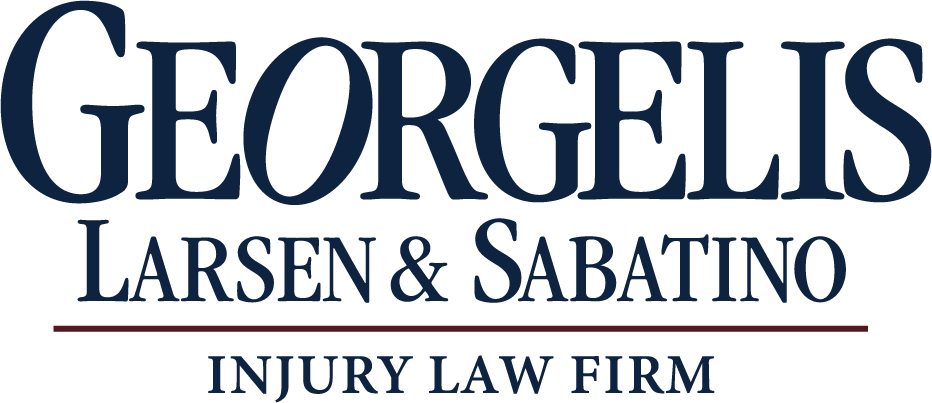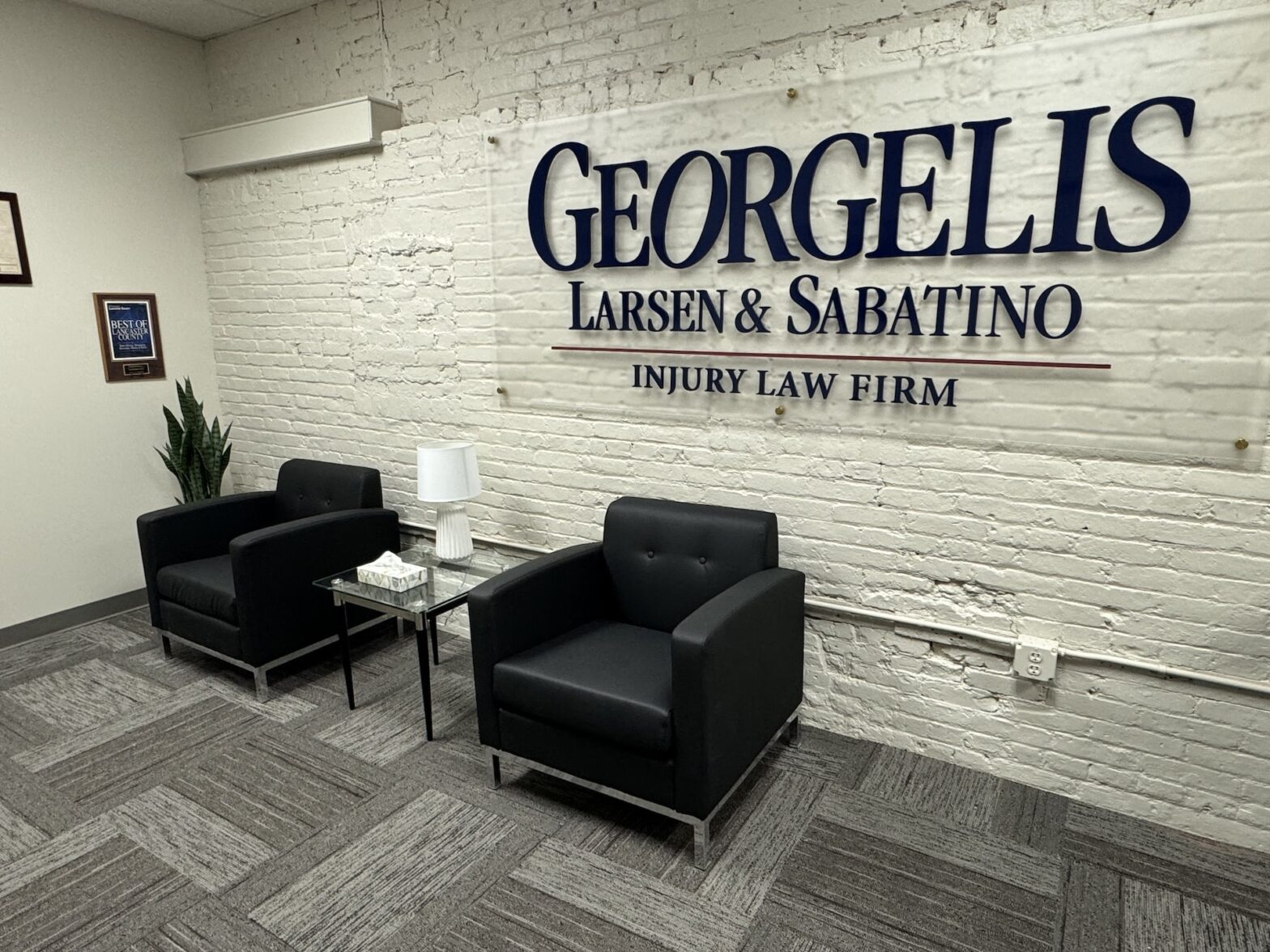Despite numerous state and federal laws aimed at preventing workplace injuries and illnesses, over three million non-fatal workplace accidents occur each year in the United States, according to the U.S. Bureau of Labor Statistics. If you were injured on the job, you are likely suffering from both physical pain and financial hardship as a result. If your injury was severe, you could be dealing with the ramifications of your injury for many years to come. Fortunately, the Pennsylvania workers’ compensation system provides a variety of benefits to workers who are injured on the job. To ensure that you receive all the benefits to which you are entitled, you should consult with an experienced Pennsylvania workers’ compensation attorney. As you prepare for your consultation, it helps to know what information your lawyer may need, such as:
- Employer information – your attorney will need the full legal name of the business, owner or manager’s name, address, telephone number and type of business.
- Job description –a description of your regular job with the employer including normal duties and responsibilities. If you were not working in your regular position when the accident occurred, also provide a description of the job you were doing at that time.
- A written description of the accident –because your memory can fade over time, it is always a good idea to write down exactly what happened as soon as possible after any type of accident, including a work accident. Provide as much detail as possible, such as what time the accident occurred, who witnessed it, what you were supposed to be doing at the time, and what you think caused the accident.
- Contact information for witnesses –name, address, telephone number, and email address for anyone who witnessed the accident and/or your injuries immediately following the accident. This includes both employees of the company as well as customers, vendors, or even a loved one who went with you to the hospital.
- Employer’s workers’ compensation carrier information –the law requires your employer to provide you with this information. If your employer refuses, let your attorney handle obtaining the information. It if was provided to you, bring the name, policy number, and contact information.
- Employee handbook –if your employer has an official company handbook, bring a copy with you.
- Paperwork given to you after the injury –this may include information on how to file a workers’ compensation claim or procedures to follow after an injury. Your attorney needs to review any documents your employer gave you, particularly if you were asked to sign any of them.
- Hospital and doctor information –name and telephone number for hospitals and physicians who have treated you for your injuries as well as dates you were seen.
- Medical bills related to the injury –make copies of any medical bills related to the injury that you have received to date.
- Correspondence from the workers’ compensation carrier –if you have already been contacted by your employer’s workers’ compensation carrier, bring a copy of that correspondence and/or the name and telephone number if someone called you.
- Paycheck stubs from all jobs – bring paycheck stubs showing year to date income fromall jobs you had at the time of your injury. If any of your jobs include tips that you report to the I.R.S., bring proof of the amount you reported.
This is not an exhaustive list by any means. If you have additional information or documents that you believe may be pertinent to your claim for benefits be sure to bring them with you to your workers’ compensation consultation with your workers’ compensation attorney.





